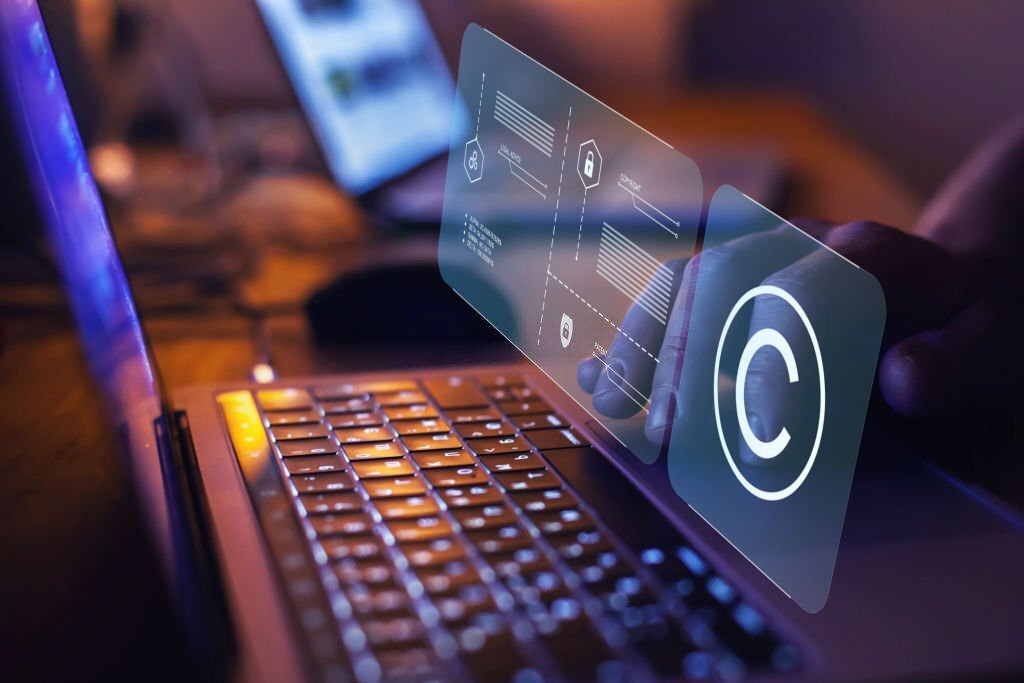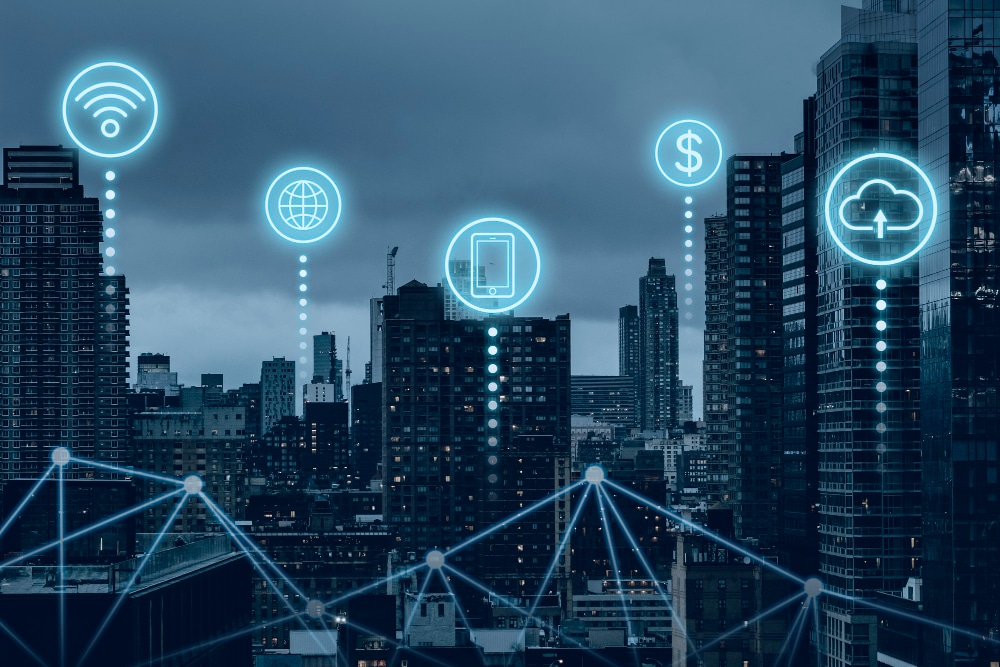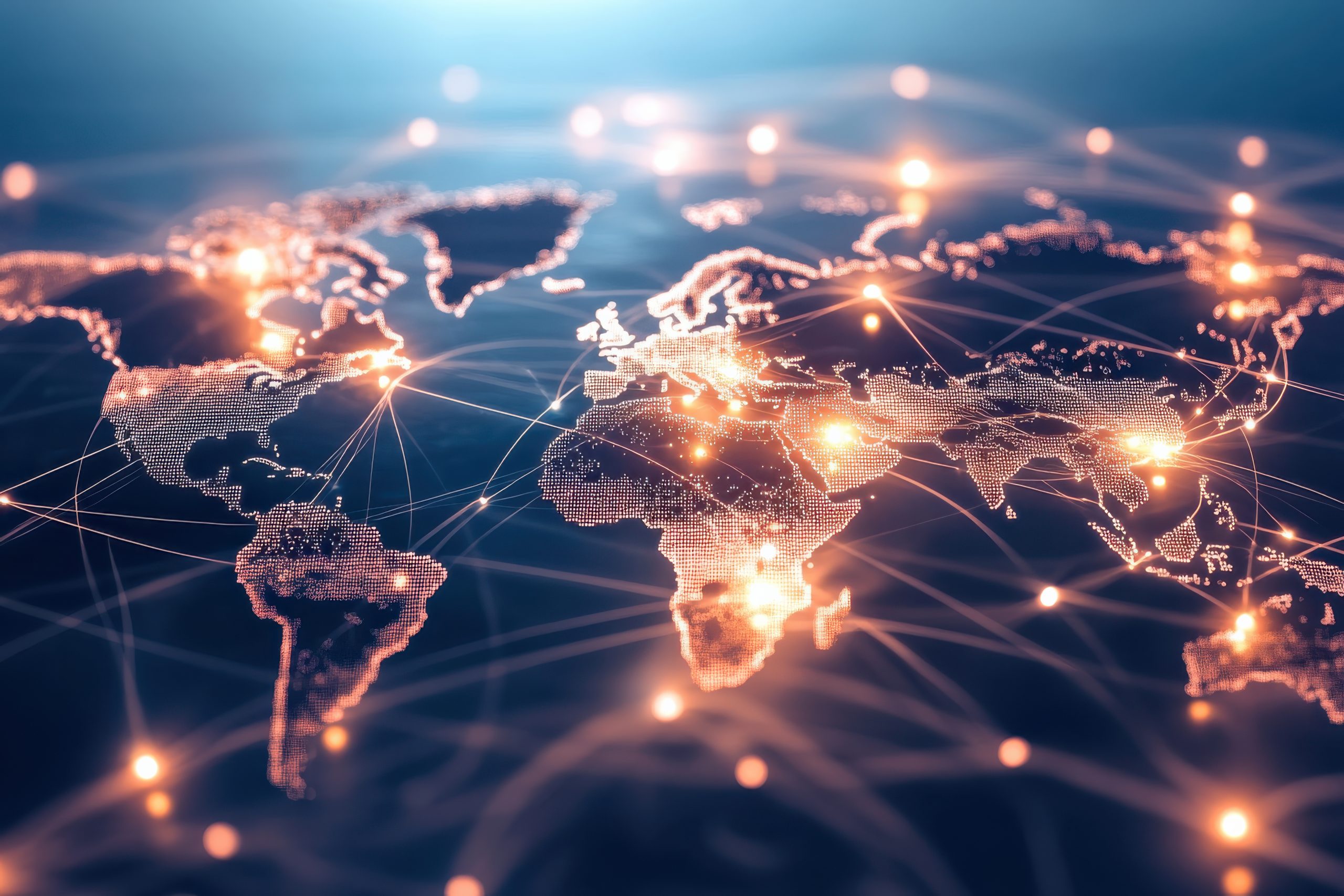Human Rights Day is celebrated globally every year on December 10 and has been the practice since the first celebration; it will commemorate the day the United Nations adopted the Universal Declaration of Human Rights (UDHR) in 1948. The declaration contains thirty (30) fundamental rights, ranging from freedom of expression, freedom from torture, to the right to privacy, and the right to education. Those rights, built the framework for modern human rights law and other rights usually trace to them. Thus, it only fits that to celebrate Human Rights Day in the year 2020, we delve into a discussion on the newest extension to the UDHR, Digital rights. This paper introduces the concept, break it down as well as explain how they affect Nigerians and fit into the Nigerian legal framework
It is very fair to state that so much has changed since the adoption of the UDHR 72 years ago. Digital technology has transformed and enhanced the exercise the right to freedom of expression, assembly and access to information, of billions of people. Thus, it is fair to submit that the internet, coupled with smartphones, is by far the most essential information tool in the world and the most revolutionary tools in human history.
Locally it is more of the same as internet use has exploded in Africa’s largest economy over the past two decades. It is incredible to note that at the beginning of the Nigerian digital revolution (the year 2001), a paltry 200,000 Nigerians used the internet. By 2020, that figure has ballooned to over 126 million – with an almost 630% increase in users –and a 61.2 % penetration of the general population. This growth has been economically significant, as well. In the second quarter of 2019, the information and communication sector’s 13.8 per cent contribution to nominal GDP surpassed that of oil and gas (8.8%).
The term digital rights describe the human and people’s rights that allow individuals to access, use, create, and publish digital media or to access and use computers, other electronic devices, or communications networks. It also relates to the new rights brought about from the existence of a digital and virtual world. The term is mainly related to the protection and realisation of existing rights, such as the right to privacy or freedom of expression, in the context of new digital technologies, especially the internet.[1] Internet access is recognised as a right by the laws of several countries.[2]
There are many digital rights and responsibilities’, but we have shortened the list to the following:
Digital Rights:
- Right to freedom of expression- As relates to the use of the internet and digital media
- Right to privacy- with regards to any information given to a data controller or taken by a data controller online
- Right to credit for personal works- this relates to creatives, and it is the right to attribution for one’s work
- Right to digital access- this is the right to digital access. This right is essential because all the other rights fail to exist if one does not have digital access
- The right to be forgotten- It is often stated that the internet never forgets, well now it does, under the GDPR users have a right to request that their data be wiped clean from the internet entirely. This is especially important in incidences of defamation and revenge porn or human trafficking that is recorded and uploaded on the internet
Internationally, Digital rights are considered to be the same fundamental human rights that exist in the offline world, but in the online/ virtual world. In 2012 (and again in 2014 and 2016), the UN Human Rights Council agreed in a resolution that the “same rights that people have offline must also be protected online.”[3] The UNHRC’s position means that the UNHRC recommends extending existing human rights to cyberspace rather than seeking to define new rights for the online space. This is the generally agreed on school of thought
It is important to emphasise, however, that this UN resolution is NOT legally binding and as such individual countries are dealing with digital rights in dissimilar methods. For instance, the right to privacy, is anchored in the constitution of nearly every country in the world.
Locally, it is worth noting that most of the already mentioned digital rights are already constitutional rights. For instance, Chapter 4 of the 1999 Constitution of the Federal Republic of Nigeria, recognises privacy and free expression as fundamental rights. Section 39(1) of the 1999 Constitution of the Federal Republic of Nigeria asserts that “every person shall be entitled to freedom of expression, including the freedom to hold opinions and to receive and impart ideas and information without interference” additionally, Nigerians’ right to privacy is derived from Section 37 of the Constitution provides that
“the privacy of citizens, their homes, correspondence, telephone conversations, and telegraphic communications is hereby guaranteed and protected”.
For many digital rights activists though, this is not nearly enough as the Nigerian Constitutional Rights all usually have exceptions that are broadly used by the state to abrogate the rights in the interests of “National Security”, and as a result, there are intense demands for another codified body of digital rights
What are the challenges facing digital rights?
Digital rights are under attack from many directions; below is a summary of the significant issues:
- Increased Government clamp down on the internet. According to the latest freedom on the Net report by Freedom House, in 2019 Internet freedom fell for the ninth consecutive year[4]. Two-thirds of the world’s Internet users now live in countries with some form of Internet censorship[5]. Controls used by national authorities to restrict the internet take many forms. Some countries block and filter websites, others pressure companies to remove content deemed controversial, while some others take steps to arrest users for sharing or liking Internet content. Network shutdowns now of growing concern especially in situations, where governments force providers to shut down the internet or social media networks, on at politically sensitive times such as elections or national protests. We have not seen the figures for the year 2020 yet, but with the COVID 19 Pandemic and Global Recession as well as the many protests that started in 2020, the figures will likely even be direr. Locally, we saw mass incidences of threats of internet censure during and after the Protests by Federal and State Legislative Houses, and there is also the Highly Criticised NBC circular which also affected Mainstream Media’s offline and online reporting of the pandemic.
- National security being played to outweigh the right to privacy or freedom of expression-With countries in various parts of the world, seeing an increase in domestic and international attacks, national security is obviously an issue. However, as is discussed in the by Anja Kaspersen, the Former Head of Geopolitics and International Security, World Economic Forum “the conundrum is how to ensure protection while retaining the critical underpinnings of our democratic systems – free speech, freedom of assembly and association, and, critically, the right to privacy.” [6]Locally, it has often been stated by the Presidency, and its cabinet that the interest in National Security outweighs human rights as a result of such rhetoric internet and digital freedom are today threatened with the possibility of a Social Media Bill that will give the government overreaching powers over social media and social media posts if it is ever signed into law.
- There is a lack of transparency surrounding the private corporations who primarily own the internet’s infrastructure and services- Commercial companies and individuals have unfettered access to all the data and information flowing through the internet – data such as banking, policing, health services, corporate information, private communications – but it is often difficult to know who the exact owners are, what their political affiliations are, and if they can be trusted with this data. Locally, we regularly have large incidences of data breaches with often no regulatory or legal oversight. It is hoped that the passing of the Data Protection Bill into law will help nip this in the bud
- Data regulations are insufficient to protect privacy- As people move their lives online – from shopping to banking and socialising and, every other thing in between, their data reveals too much about what they think and do. Therefore, in today’s world, the right to privacy is now dependent on robust data protection and management legislation. A major complication to this date privacy ideal is that in our increasingly global world, vast amounts of data flow across borders. Unfortunately, globally the current system for data protection is highly fragmented, with diverging global, regional and national regulatory approaches, municipally it is a challenge to get enforcement of data regulations.
- Several crucial services are concentrated in the hands of a few tech giants- Through their quasi-monopoly on information, several tech giants such as Facebook and Google could potentially influence or manipulate public opinion by tweaking what information their algorithms show to individuals[7]. This becomes even more problematic with Facebook playing an increasingly dominant role in the distribution of news, whether real or fake to oftentimes deadly effect.[8]
- The lack of clarity about who should be held responsible for fake news flooding the internet and what to do about it-. Although rumours and misinformation have long been a problem online, in the wake of the US elections, tech giants, especially Facebook, have been mainly criticised for helping the viral spread of falsified news.[9] Some argue that Facebook should be held responsible for fake content; seeing that it helps distribute and amplify fake news in the same way media companies do, they use the fact that Facebook hires editorial staff to buttress this point. After all, it already exercises control over the news its users see. However, the company rejects the idea that it is a media organisation, leaving the question of accountability unanswered. In addition, whether the news is faked to attract advertising revenue or falsified for political or propaganda reasons, cracking down on it raises the spectre of curtailing free speech.
- Plus, there is a whole range of other challenges, such as Internet trolls, cybercrime laws, mandatory data retention, net neutrality and online tracking.
Recommendations and Conclusion
The road to digital rights freedom is long and treacherous. With the continued growth of the internet and digital technology, governments are oftentimes two steps behind of technology and often their measures to control are generally more dangerous than whatever it is they are trying to control. So what is the way out? On the long term, it will go a long way for digital rights to be codified as constitutional rights, especially the right to access of the internet, in order to prevent the nasty and brutish incidents of government ordered internet shutdowns. In the intermediate-term, there is a need to pass the laws protecting digital rights including the Data Protection Bill currently at the National Assembly as well as the Digital Right and Freedom bill which is currently before the National Assembly after President Buhari refused to assent to it in 2019 on the basis that it covered too many technical subjects and failed to address any of them extensively. In conclusion, digital rights are the new frontier of Human Rights after the fundamental Human Rights and Economic, Social and Political Human Rights, and they deserve to be recognised as such and protected internationally and locally.





